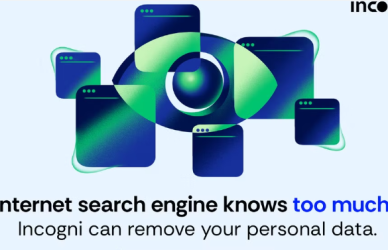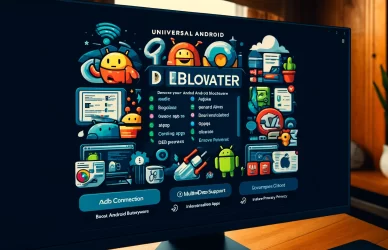What Does it Mean to Be Educated? Overviews and Its Advantages
The definition of Education is a skill set that allows us to respond to societal, technological, and economic shifts. This article describes the characteristics of people who are highly educated. Here are three qualities that are indicative of educated people:
Education is a skill-set
Whether you’re looking to improve your job prospects or you want to advance your career, education will help you reach your goals. In today’s world, industries undergo rapid change and innovation. New ideas constantly challenge the status quo. Education helps students learn how to respond to these changes and guide change. Customer demands are increasing in all industries, and they’re accompanied by higher expectations for features, higher levels of capabilities, and lower prices.
For example, creativity is a key part of education. It helps students learn without teachers, and it empowers them to see things from a different perspective. Creativity leads to innovation, which is essential for the adaptability of any company. Creativity requires a willingness to change how we do things in order to achieve our goals. Collaboration involves getting students to work together to achieve the best possible results and compromises.
The world has shifted from an industrial economy to a knowledge-based economy, which changes people’s motivations for learning. In the midst of this change, the rising generation of students is much more motivated to learn than previous generations. According to Dr. Wagner, the “Net generation” is accustomed to instant gratification and self-directed learning, and is constantly connected, creating, and multitasking. Education must adapt to this new culture in order to keep pace with it.
The National Research Council identified three domains of competence that students should have in order to succeed in the 21st century. These domains are interconnected and reflect distinct facets of human thinking and behavior. The four Cs of 21st-century learning promote deeper learning, problem-solving, and collaboration, which contrast with the traditional learning methods of the past. The list of 21st-century skills goes on, and it’s hard to pick just one.
According to the EdWeek Research Center, a study in January revealed that the COVID-19 pandemic had increased the interest of students in information technology and healthcare careers. The results of this study suggest that the education system must do more to support these students and enable them to enter the workforce. The study questioned executives of leading companies in several fields to determine why education is so important. And in some cases, the results may surprise you.
A recent survey shows that three-quarters of working adults (aged 18 to 64) believe that they need more education or training to advance their careers. Most of these individuals agree that higher education is the best route to achieve the desired level of training. And nearly half of those with a four-year college degree say they’ll pursue a graduate degree. Those with only a high school diploma are less likely to make such a decision.
It is a skill set to respond to economic, technological, and societal shifts
Higher education has expanded rapidly since WWII, spurred on by the emergence of new technologies and the need for more highly skilled workers. The aims of higher education policy are diffusion to the general population and alleviation of social inequalities, but implementation is difficult given the conflicting interests of different stakeholders. Higher education policy is insufficient to target the most disadvantaged groups.
While educational policy and practices have become more globalized, institutions of higher learning are characterized by economic competition in a global market environment. Governments are not key players. Globalization, neoliberalism, and the rise of transnational capital have changed the role of universities. Globalization has impacted the nature of higher education, causing costs to rise and job mismatch to rise.
While the human capital theory is one of the most widely held theories of higher education, it does not fully explain how higher education benefits society. The theory of human capital suggests that higher education produces higher wages when a person enters the labor market. In practice, however, this is unlikely to be the case. Higher education costs money and carries no guarantee of a better job or salary.
According to Freire, education has failed to address social and economic inequalities and should be based on principles such as problem-posing, Sen’s capabilities approach, and the bioecological systems theory. It should be a vehicle for social transformation, cultural realization, and social liberation. The ideas discussed here can be applied in real-world education policy and practice.
In the US, education is seen as an institution of social discrimination and reproducing social inequality. Kozol is critical of the instrumental purpose of market-driven education, placing businesses as “key players” and shaping curriculum and purpose. In this context, students are transformed into token participants. And as the economy evolves, the role of education must evolve to meet those demands.
According to the Pew Research Center’s “State of American Jobs” survey, 87% of workers believe that it is critical to continue developing new skills throughout their careers. This trend is evident in the US labor market: jobs requiring above-average preparation, in terms of education and experience, are much more likely to be filled. For example, higher-skilled workers tend to be employed, which means they have higher levels of education and experience, as well as greater analytical skills and critical thinking.


